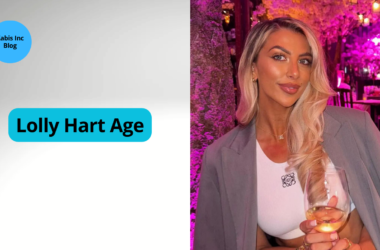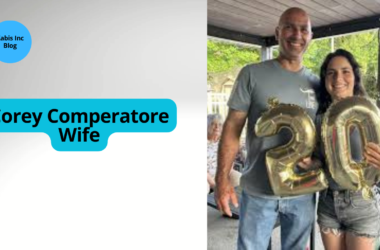On a routine flight from Houston to New York, TikTok user Caroline Rened captured a moment that would soon captivate millions. Her video, which has now amassed over 26 million views, showed a man in a green shirt and grey shorts—seemingly innocent attire—that became the uniform of infidelity. Rened’s clip wasn’t just a fleeting viral moment; it stirred a massive online discourse about privacy, ethics, and the unspoken rules of social media engagement. The man, whose net worth and age remain undisclosed, inadvertently showcased the power of social media to upend lives with a single post.
How Did Caroline Rened Document the Incident?
Caroline Rened, armed with her smartphone, filmed the man and his companion, identified only as Katy, engaging in increasingly intimate behavior. Rened’s narrative suggests that the duo met at an airport bar, and their newfound connection blossomed quickly, with Katy even changing her seat to be next to him. Throughout the flight, their interactions escalated to overt physical affection, culminating in a visit to the airplane bathroom together. The man’s wedding ring was a silent witness to his vows, now compromised in the eyes of thousands.
What Was the Reaction on Social Media Platforms?
The video’s impact was magnified as it spread across platforms, including Elon Musk’s X, where it gained an additional 21 million views. Social media users swiftly engaged in detective work, identifying the man’s wife (whose name remains protected under privacy laws) almost as quickly as the video spread. The reactions were mixed: some praised Rened for exposing the man’s deceit, while others criticized her for what they saw as an invasion of privacy. This dichotomy highlights the evolving norms and ethics in the digital age, where public spaces and private lives are increasingly intertwined.
How Has This Incident Influenced Public Opinion on Privacy and Ethics in Social Media?
The incident opened a broader debate on the responsibilities of social media users. Critics argue that such actions, while possibly well-intentioned, risk more harm than good, potentially humiliating innocent parties more than the supposed culprits. Supporters believe it champions accountability, presenting a modern-day deterrent to dishonest behavior. This controversy underscores a pivotal question: where should the line be drawn in the age of ubiquitous digital surveillance?
Are There Other Instances of Social Media Influencers Exposing Personal Misconduct?
Caroline Rened is not alone in her use of social media to call out perceived wrongdoings. Influencer Maddison Liberwirth, with a following of over 24,000, has similarly threatened to expose married men who secretly engage with her content. These instances reveal a growing trend among influencers leveraging their platforms for what some call “social justice” and others deem “social surveillance.”
What Are the Consequences for Those Involved in the Viral Exposé?
The immediate consequences for the man in the green shirt are social and personal, facing widespread scrutiny and potentially significant impacts on his personal relationships and privacy. For Rened, the incident has catapulted her into the viral spotlight, possibly altering her digital footprint and influence. As for the broader community, this event may lead to a reevaluation of privacy rights and ethical standards in our increasingly digital society.
Conclusion: Navigating the Complex Interplay of Social Media, Privacy, and Ethics
As we navigate these complex waters, the conversation about the role of social media in enforcing social norms is far from over. This incident serves as a catalyst for ongoing discussions about the balance between public interest and individual privacy. Whether these actions are seen as a form of modern vigilance or a breach of ethical conduct, one thing remains clear: the digital age has transformed not only how we connect but also how we judge and are judged in the public eye.








